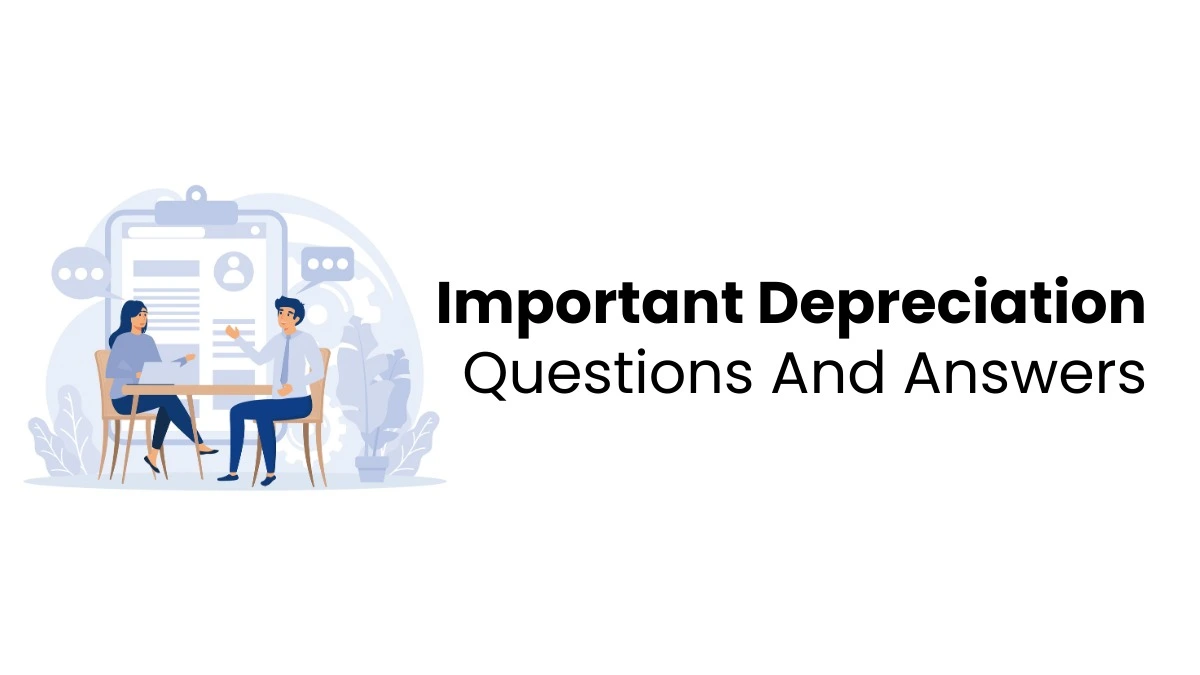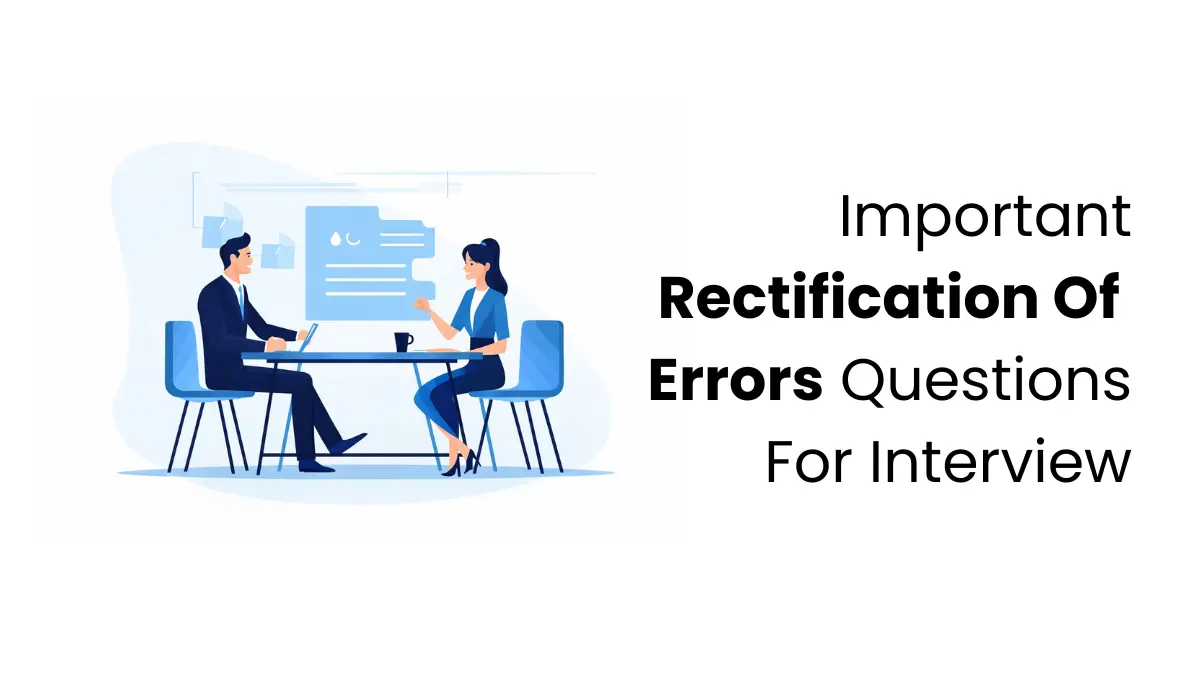Cloud computing is making big changes in the accounting world. It has gone from an idea to an important tool that helps businesses handle their financial data better. Cloud computing lets businesses use the internet to access services like storage, software, and tools. It helps companies work faster, save money, and use resources flexibly.
Cloud-based accounting allows users to access financial data and tools from anywhere with an internet connection. It uses online platforms to make accounting easier, manage finances, and safely store data on remote servers, making financial management more modern and efficient.
Cloud accounting software helps accountants access data and manage tasks easily, with unlimited storage and the ability to have multiple users. Unlike traditional software and local servers, cloud computing makes managing finances cheaper and more accessible. It’s a valuable tool for businesses to store data, back it up, and use online tools from any computer in the company.
Key Benefits of Cloud-based Accounting
The impact of cloud technology on accounting lets users access financial data and software from anywhere with an internet connection. It allows employees in different locations to use the same data and software, making it easier to work together and share information. This has led to the rise of cloud finance solutions, making financial management more efficient.
Switching to a cloud-based finance system may seem difficult, but the benefits are much greater. While setting it up is similar to traditional systems, cloud solutions offer many more advantages. With good planning, cloud finance systems provide unique benefits because of how they are built. These differences show why moving to the cloud is a smart choice for businesses looking for better finance solutions.
Key Features of Cloud-based Accounting
Let’s read about cloud-based accounting’s key features;
Reporting and Insights
Cloud-based accounting software allows one to create proper financial statements, track business data, and gain knowledge of the company’s financial health. These all help to make proper decisions and maintain records of finances.
Accessibility
Cloud accounting lets users access financial data and complete tasks anywhere, anytime, using internet-connected devices. This makes working together easier for businesses with remote teams or multiple locations.
Real-Time Data
The most important feature in cloud-based accounting is real-time data addition. This allows users to access the latest information, bank transactions, invoices, and expenses, which helps to prepare accurate reports.
Automation
Cloud-based accounting technology helps create more invoices and track all the financial data. It automatically saves all data, which helps to avoid manual work that leads to saving time.
Integration
Cloud based accounting software can connect with other business tools like CRM systems, payment gateways, and inventory software. This helps exchange data smoothly and simplifies workflows, reducing the need for manual work and boosting efficiency.

Scalability
Cloud accounting software can grow with your business. It can handle more transactions, users, and data without needing major hardware upgrades, making it easy to adjust as your business needs change.
Security
Cloud accounting providers protect your financial data with strong security measures like encryption, regular backups, and access controls. They also have teams to ensure data privacy and meet industry rules.
Collaboration
Cloud accounting software facilitates collaboration. It allows team members, accountants, and financial professionals to access and update financial data simultaneously.
Before and After Cloud Computing in Accounting
Cloud computing has made accounting faster, easier, and more accurate. It has also helped businesses grow by improving client satisfaction with quicker and better services. Before cloud computing, accounting tasks were slow and performed with software installed on separate computers. Entering data, checking numbers, and making reports took a lot of time and caused more mistakes.
Also, working with team members and clients was harder because it usually meant sending files via email or using physical storage devices.
Cloud computing has changed accounting by making data safer, giving real-time access to financial information, and helping people work together better. Using cloud computing is changing the future of accounting because it makes managing finances easier, safer, and more effective.
To learn more about this, joining job oriented accounting courses is the best option that allows learners to acquire more knowledge in the accounting sector.










